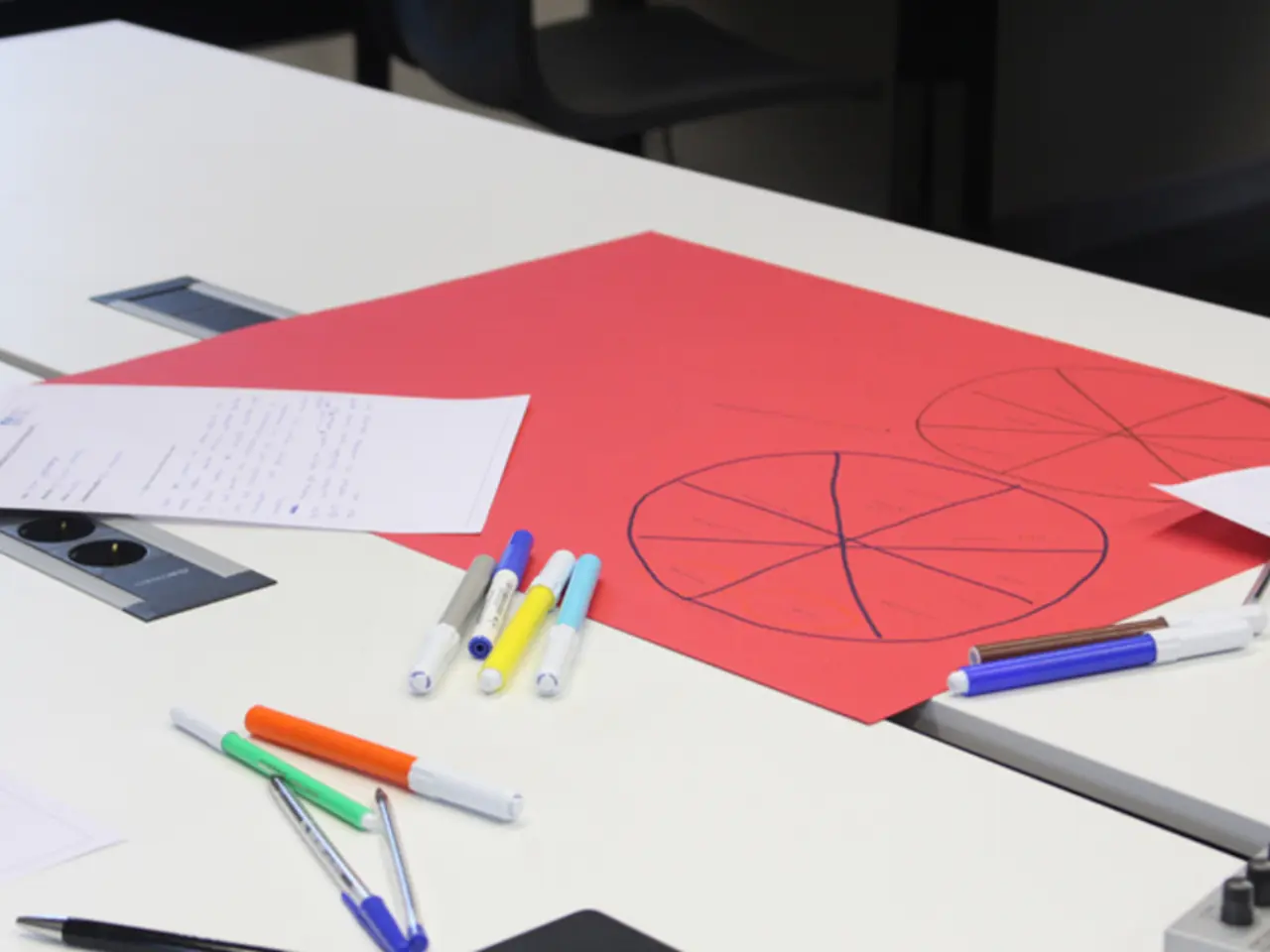Duration of IQ Tests: Revealing the Time Demand
A comprehensive IQ test, administered by a psychologist, typically requires several hours spread over one or more sessions. The exact duration can range from 2 to 8 hours, with various factors influencing the test length.
The testing process begins with an initial clinical interview, which lasts about 1.5 hours, to collect history and symptom information. This is followed by one or more testing sessions focused on IQ and related cognitive abilities.
The complexity of the evaluation, the specific IQ test used, individual pace and age, the purpose of testing, setting and administration format, and additional assessments all play a role in determining the test's duration. More comprehensive assessments, tests like WAIS-IV or WISC-V, diagnostic evaluations for complex conditions, and neuropsychological testing take longer.
Breaks are typically allowed during a professionally administered IQ test, and the length and frequency of breaks can be discussed with the psychologist before or during the testing session. For instance, the Stanford-Binet test, suitable for individuals aged 2 and up, can range from 45 to 90 minutes depending on the age and abilities of the test-taker.
It's important to note that legitimate IQ tests require trained professionals to administer and interpret them. Online tests often lack the rigorous standardization, reliability, and validity of professionally designed assessments. The Wechsler Adult Intelligence Scale (WAIS) for adults aged 16 and older typically takes between 60 and 90 minutes to administer.
Other IQ tests, such as the Differential Ability Scales (DAS) and the Woodcock-Johnson Tests of Cognitive Abilities, have durations that vary but typically fall within a range of 30 to 90 minutes. Raven's Progressive Matrices, a nonverbal test, typically takes between 45 and 60 minutes to complete.
Proper preparation, including being well-rested, adequately nourished, understanding the purpose of the test, and engaging in activities that challenge cognitive abilities, can contribute to the efficiency and accuracy of an IQ test. Different versions of IQ tests are designed for various age groups, with tests for younger children having shorter subtests and fewer questions.
Preparing for an IQ test by familiarizing oneself with the test format, getting enough sleep, eating a healthy meal, managing anxiety, and implementing time management strategies can enhance efficiency during the test. Standardized IQ tests rely on strict timing protocols to ensure validity and reliability, and deviations from the prescribed time limits can compromise the accuracy of the results.
In summary, a comprehensive IQ test, often administered by a licensed psychologist, typically takes between 1.5 and 2 hours to complete. However, the length can vary significantly based on factors such as the type of test, number of subtests, individual pace and performance, administration format, and age of the test-taker.
The testing sessions focused on IQ and related cognitive abilities, which follow the initial clinical interview, are part of the education-and-self-development process, involving learning and assessment of various cognitive skills.
Preparing for an IQ test by understanding the format, managing anxiety, and implementing time management strategies contributes to efficiency and accuracy, making it a valuable exercise in self-improvement and learning.




